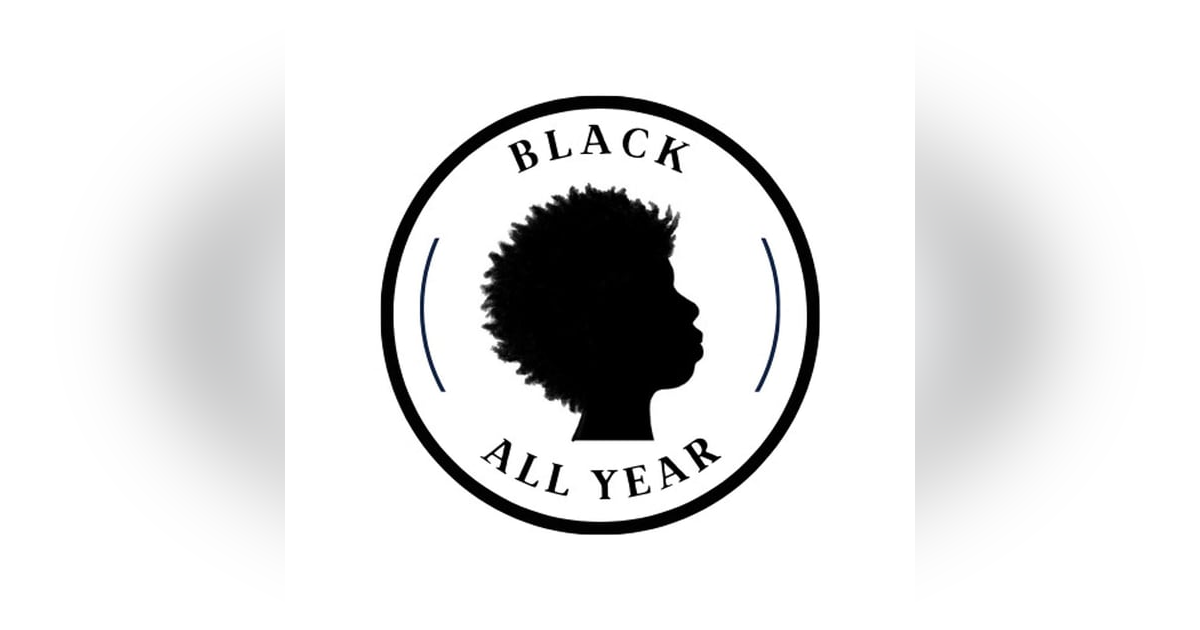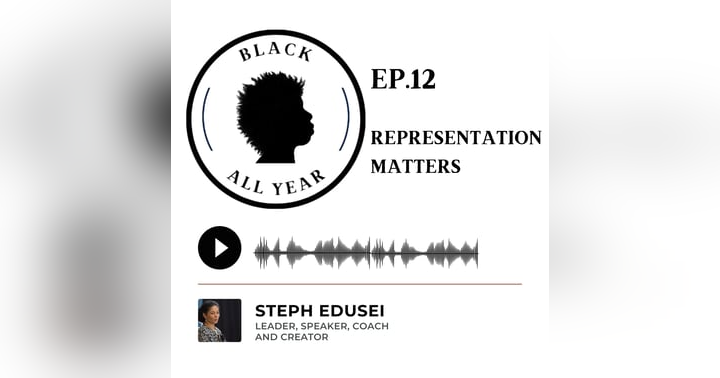Bridging the Gap: How Loveness Scott is Making the Ambulance Service More Inclusive

When it comes to healthcare, representation and understanding are crucial. For many ethnically minoritised communities, accessing emergency services can be daunting, not just due to the crisis at hand but because of cultural and language barriers. In a recent episode of *Black All Year*, hosted by Steph Edusei, Loveness Scott, Positive Action Lead at the North East Ambulance Service and Vice Chair of the National Ambulance BME Forum, shared her inspiring journey and the impactful work she's doing to address these challenges.
From Call Centre to Positive Action Lead
Loveness's path to her current role wasn’t planned. With a background in Development Management and a passion for race equality, she found herself working in a call center for the ambulance service during the height of the COVID-19 pandemic. Initially trained to handle 111 calls, she quickly realised the importance of having a diverse workforce, particularly in times of crisis.
The pandemic disproportionately affected ethnically minoritised communities, making them more vulnerable and reliant on healthcare services. Loveness noted how hearing a familiar accent on the other end of the line brought comfort to many callers, reinforcing the need for greater diversity within the service. This realisation motivated her to encourage more people from ethnically minoritised backgrounds to join the ambulance service, not just in frontline roles but across the organisation.
Changing the Narrative: More Than Just Drivers
One of the biggest challenges Loveness faced was changing the perception of the ambulance service within these communities. Many people saw it as a service only for drivers, unaware of the wide range of roles available. By going directly into communities and understanding their needs, Loveness was able to tailor her outreach efforts, highlighting the various opportunities within the service, from recruitment to training roles.
Her efforts have paid off. The number of ethnically minoritised staff within the service has doubled, a significant achievement in an organisation historically struggling with diversity. However, Loveness is quick to point out that there is still more work to be done.
Listening to the Unheard
Loveness’s approach goes beyond recruitment. She emphasises the importance of truly listening to communities, something she learned from her interactions with local leaders. She recalls a conversation with a community worker who challenged the notion of “hard-to-reach” communities, pointing out that these groups have always been there—it's the organisations that have failed to engage them effectively.
To counter this, Loveness has built meaningful relationships with these communities, ensuring that her engagement is not just a one-off event but an ongoing conversation. This has led to greater trust and collaboration, with community members now actively participating in the work of the ambulance service.
Empowering Through Education
A key aspect of Loveness’s work is health education. She shares the stark reality that many people from ethnically minoritised backgrounds lack basic life-saving knowledge, such as CPR, simply because it was never part of their cultural upbringing. By teaching these skills and explaining how to navigate the complex health system, Loveness is empowering communities to take control of their health outcomes.
During the pandemic, she also worked to ensure that vital information reached these communities through the channels they actually use, such as WhatsApp groups, rather than relying solely on mainstream platforms like Twitter. This approach has been instrumental in increasing awareness and usage of services like free telephone interpreters, which many people were previously unaware of.
Celebrating Diversity
Loveness is passionate about the importance of diversity, not just for the sake of representation but for the richness it brings to an organisation. Her team of 128 volunteers from various ethnic backgrounds has become the heartbeat of the ambulance service’s community engagement efforts. These volunteers bring their cultural knowledge and experience, making the service more responsive and effective.
For Loveness, the work is far from over. There are still many challenges to address, but the progress made so far is a testament to what can be achieved when communities are listened to and empowered.
Real Change
The work that Loveness Scott is doing within the North East Ambulance Service is a powerful example of how listening to and engaging with ethnically minoritised communities can lead to real change. Her approach to recruitment, community engagement, and health education is not just about filling quotas but about making a meaningful impact on the lives of the people she serves.
As she continues her work, there’s hope that more organisations will follow her lead, recognising the importance of diversity and inclusion not just as buzzwords but as essential components of effective healthcare.
If you’d like to learn more about Loveness’s work or are interested in the broader conversations around race and health, be sure to subscribe to Black All Year. Each episode offers valuable insights and stories that can inspire change in any field.








